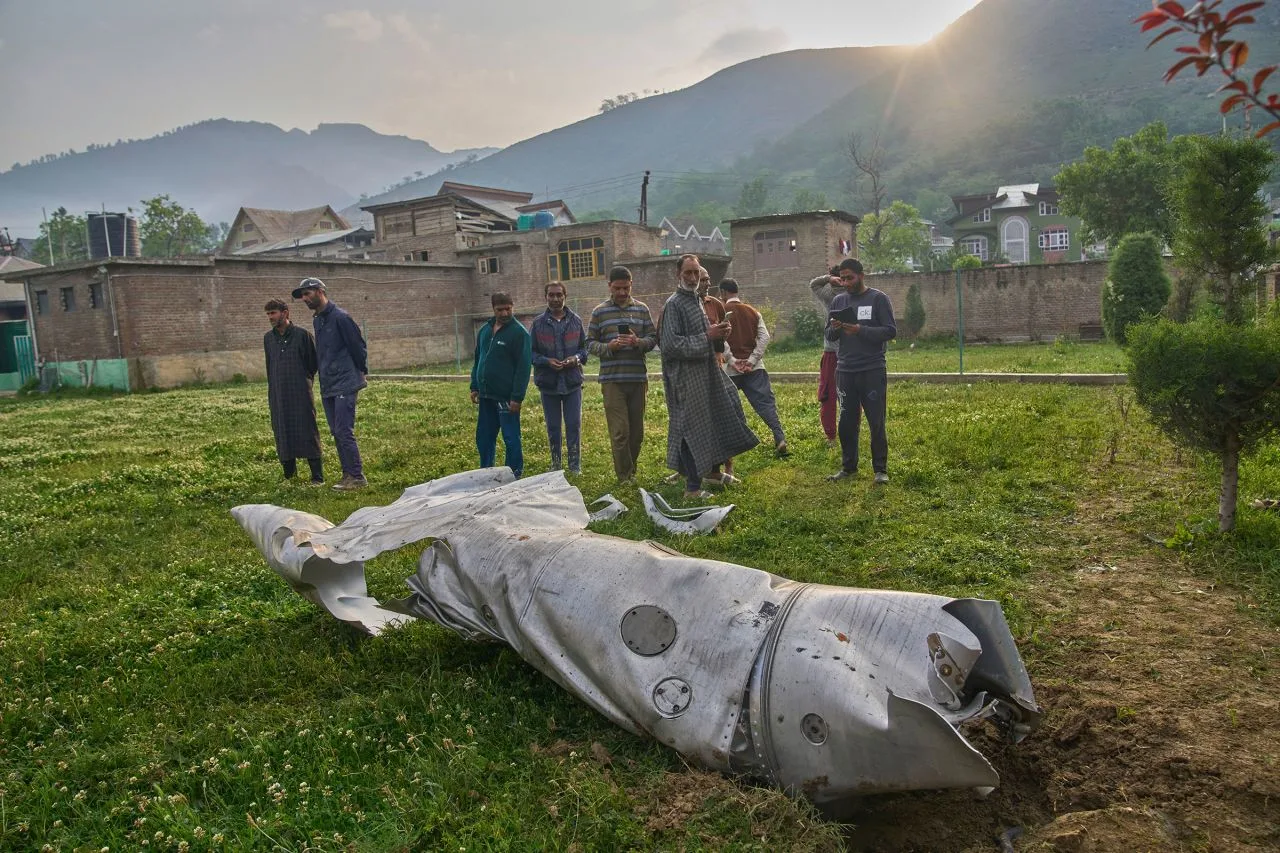Rabat – India and Pakistan have exchanged heavy fire across the Line of Control (LoC) in the disputed Kashmir region, after India launched a military operation called Operation Sindoor.
The cross-border attacks have left at least 36 people dead and many others injured. This has raised fears of a larger conflict between the two nuclear-armed countries.
According to Pakistan, Indian missile strikes hit parts of Punjab province and Pakistan-administered Kashmir, killing at least 26 people, including civilians, and injuring dozens more. Pakistan called the attacks an “act of war” and said it would respond strongly.
India said its attacks were aimed at “terrorist training camps” and denied targeting civilians. Indian Defense Minister Rajnath Singh said, “We only hit those who killed innocents,” and added that under the leadership of Prime Minister Narendra Modi, the Indian military had made the country proud.
However, Pakistan’s government strongly denied the Indian claims and said mosques and civilian areas were deliberately targeted.
In Indian-administered Kashmir, officials reported that at least 10 people were killed due to Pakistani shelling. Areas like Kupwara and Rajouri came under heavy mortar and artillery fire, according to local journalist Umar Meraj, who said residents fear the violence could return at any moment, Al Jazeera reported. Schools in at least seven border areas have been closed.
The conflict comes shortly after a deadly attack in Pahalgam, located in Indian-administered Kashmir, on April 22, which killed several people. India blames Pakistan for that attack, but Pakistan denies any involvement.
Pakistan’s National Security Committee (NSC) held an emergency meeting, chaired by Prime Minister Shehbaz Sharif, and accused India of committing “blatant violations of international law.” The NSC warned India had once again “ignited an inferno in the region,” and called on the international community to take action.
The growing tensions have drawn international concern. The European Union and the United Kingdom both urged India and Pakistan to “show restraint” and start direct dialogue to avoid further violence. UK Foreign Secretary David Lammy called the situation a “serious concern.”
Meanwhile, the International Campaign to Abolish Nuclear Weapons (ICAN) warned that if the conflict escalates into a nuclear war, millions of people could die and the effects would be global. Executive Director Melissa Parke said a nuclear exchange could cause a “nuclear winter” that disrupts farming around the world and urged both countries to avoid further military action.
